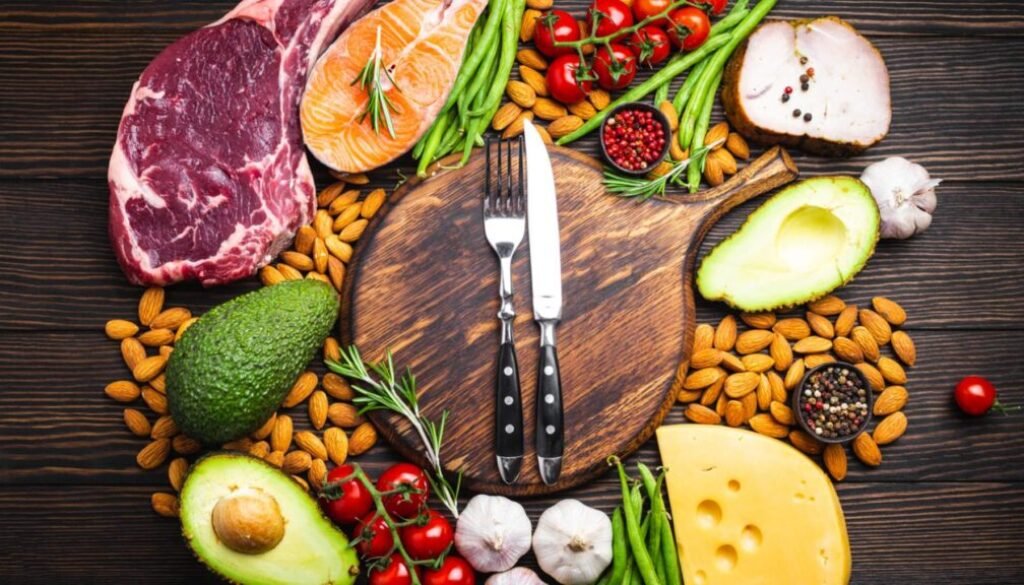6 foods that are perfect for your heart health
The quarter -work work, especially night quarters, has long been linked to a higher risk of cardiovascular problems.
Now new research suggests that the simple fact of changing When We eat could alleviate some of these risks.
A study by the University of Southampton and Masse General Brigham in the United States indicates that diurnal food can be the key to protecting heart health for those working unconventional hours.
Published in Nature communicationsThe study involved 20 healthy participants in a controlled environment simulating night quarter work.
For two weeks, the participants were divided into two groups: one eating during the night to imitate the eating habits typical of the night and the other consumer meals during the day. Researchers met the impact of the calendar of meals on several keys cardiovascular risk factors.
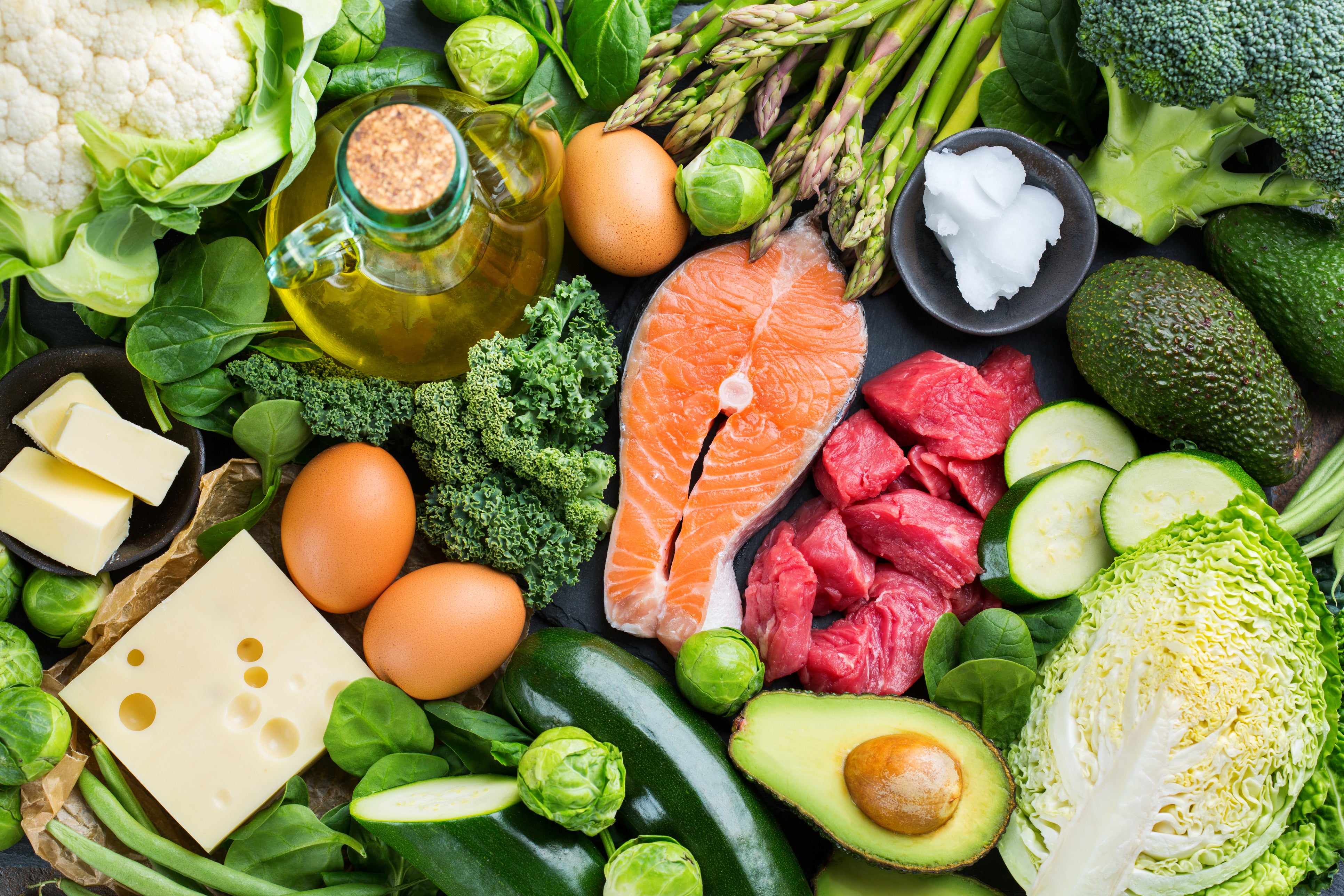
Professor Frank Scheer, professor of medicine and director of the medical chronobiology program of Brigham and Women’s Hospital of Boston, said: “Our previous research has shown that circadian disorgeting – the poor quality of our behavioral cycle compared to our internal body clock – increases cardiovascular risk factors.
Given this, are there specific types of foods that are particularly good for our heart health?
We have consulted a dietitian and a cardiologist, which highlighted some of the advantages that the following six foods can have on our hearts …
1. Salmon
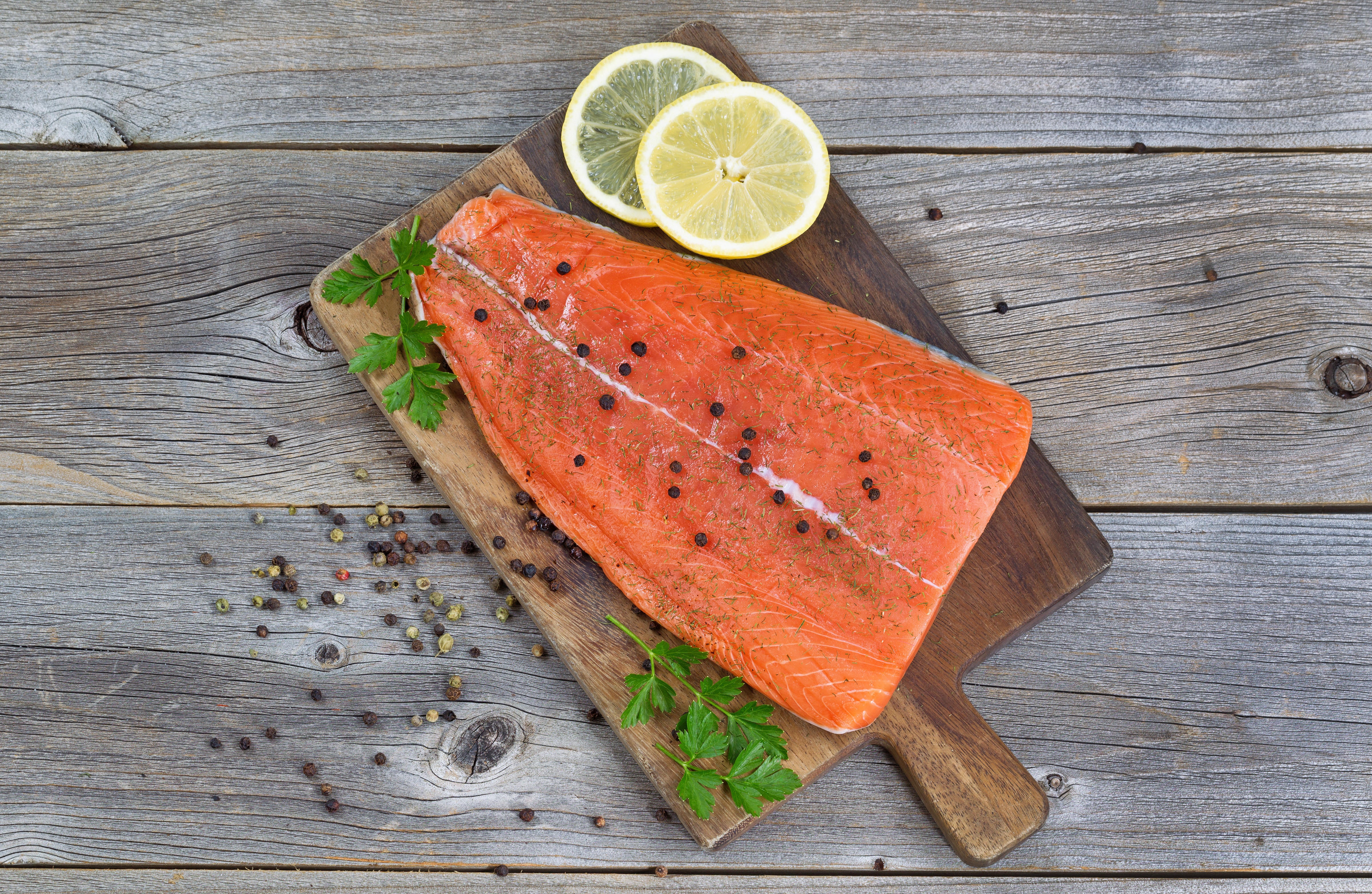
“I would recommend including foods like salmon, which is full of omega-3 fatty acids that can help reduce inflammation and support a healthy cholesterol level,” said Dr. Jay Shah, cardiologist and chief doctor at Hilo.
Rosie Carr, dietitian with a healthy, second nature dietary, recommends cooking salmon with a net of lemon juice and herbs in the oven at 180 ° C for 15-20 minutes, or to rob it in a fragrant broth for a tender and humid result.
2. Oat
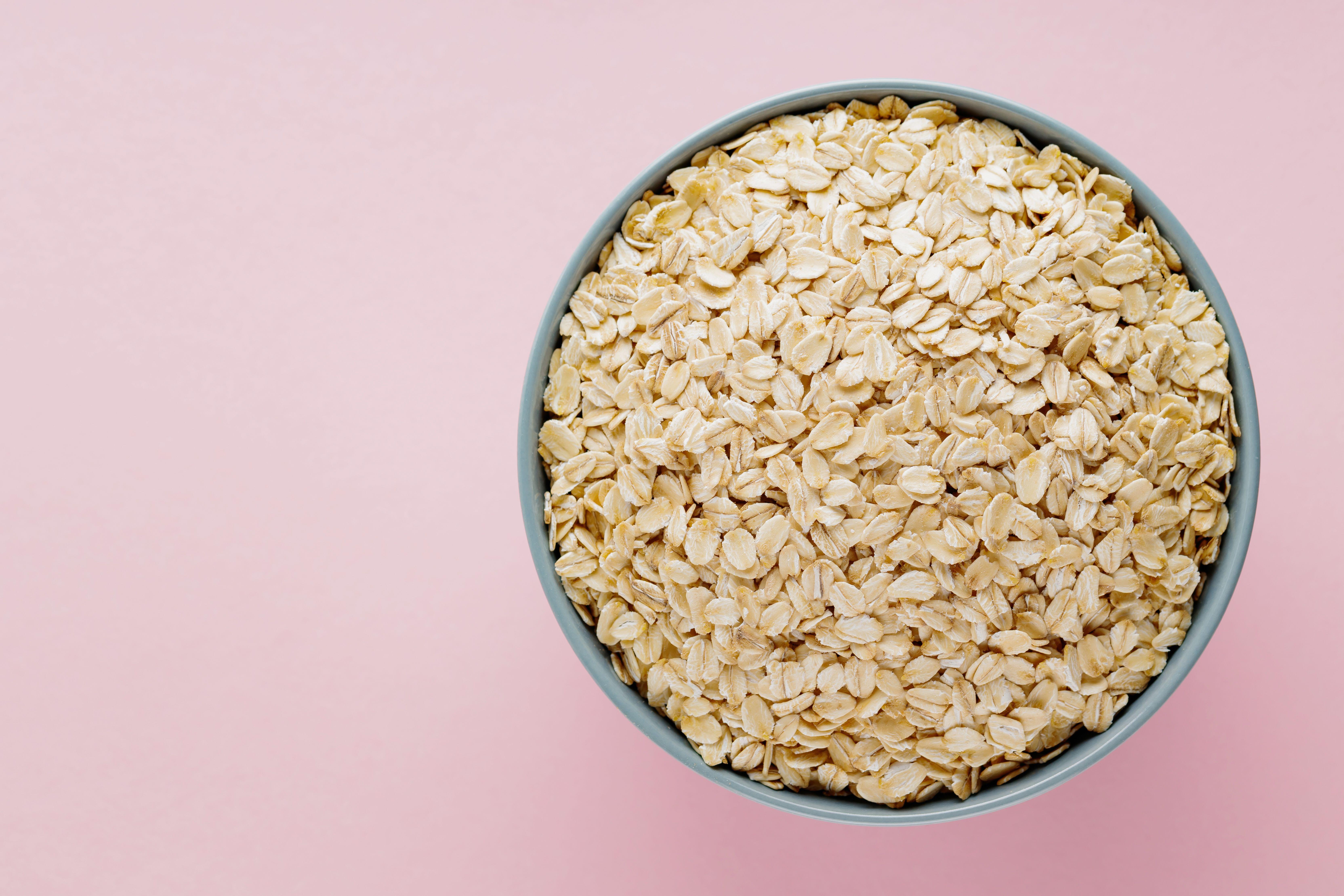
“Whole grains like oats provide complex carbohydrates that help maintain regular blood sugar, preventing inflammatory points which can damage blood vessels over time,” explains Carr.
They are also rich in soluble fibers which, according to Shah, help reduce “bad” LDL cholesterol.
“I often suggest oat or porridge with bays as an easy daily option,” recommends Shah.
3. Feuillues calves
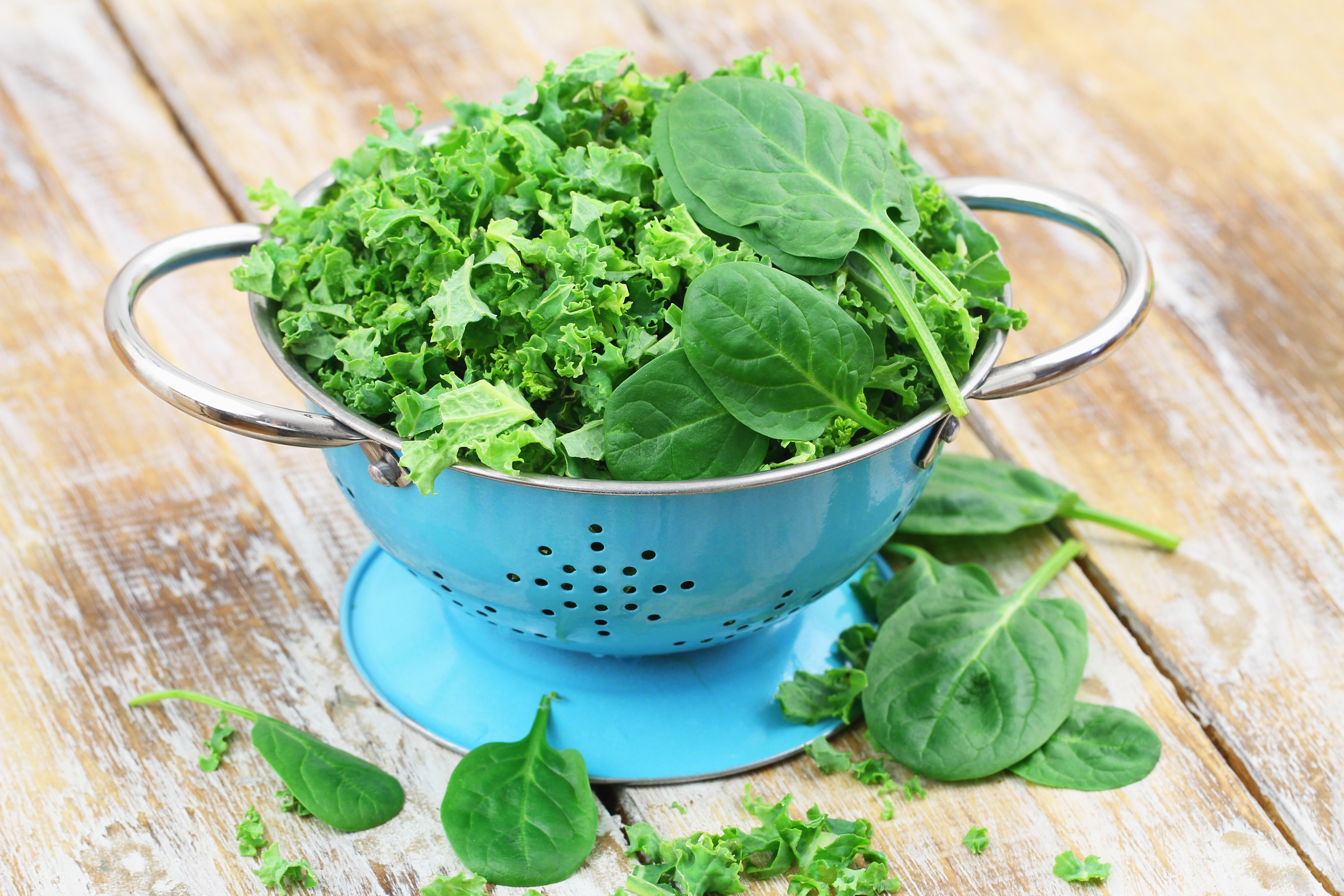
Grated baby leaves and grated spinach in a blue colony (Alamy / PA)
“These foods are rich in food nitrates which convert to nitric oxide in the body, helping the blood vessels to dilate, to improve blood circulation and to lower blood pressure,” explains Carr. “Regular consumption has been linked to improving exercise performance and cardiovascular function.”
The curly cabbage and spinach also full of potassium.
“Fire vegetables are brilliant for their potassium content and they help balance sodium levels in the body,” says Shah. “They can be easily added to soups, stews or jumpers like a healthy addition.”
4. Extra virgin olive oil

“Extra virgin olive oil is rich in monounsaturated and powerful antioxidants called polyphenols which reduce oxidative stress and inflammation,” explains Carr. “The chronic low -grade inflammation contributes to heart disease in an impact on the health of our arteries.”
The dietitian recommends using it as finishing oil on vegetables, in homemade dressings or for cooking at low temperature.
“You can also burn it on whole grain bread instead of butter,” adds Carr.
5. tomatoes
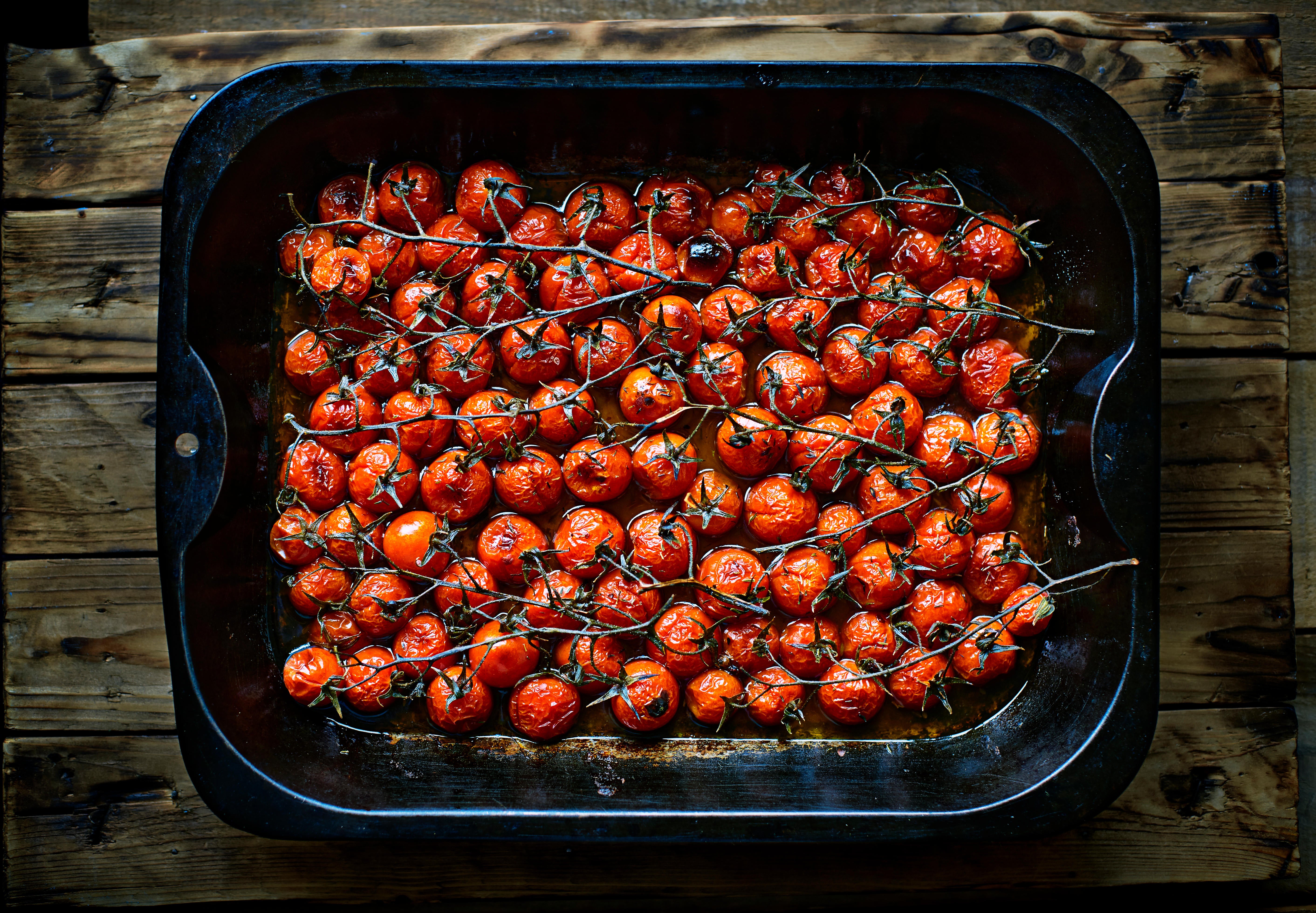
“Tomatoes are a food rich in lycopene, and lycopene is a powerful antioxidant that reduces inflammation and prevents oxidation of cholesterol,” explains Carr. “Interestingly, cooking tomatoes increases the bioavailability of Lycopene.
“So, I recommend roasted roasted tomatoes with a little olive oil to concentrate flavors and increase the availability of lycopene, or incorporate tomato paste into stews and sauces.”
6. Fermented Dairy (yogurt, kefir)
“Fermented dairy products contain probiotics that can help reduce blood pressure and chronic inflammation,” explains Carr. “Vitamin K2 in these foods helps prevent calcium from accumulating in the arterial walls.
“I recommend using plain and not sweet yogurt as a basis for breakfast bowls, as a substitute for sour cream or in marinades.”

